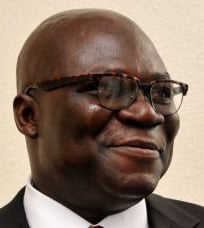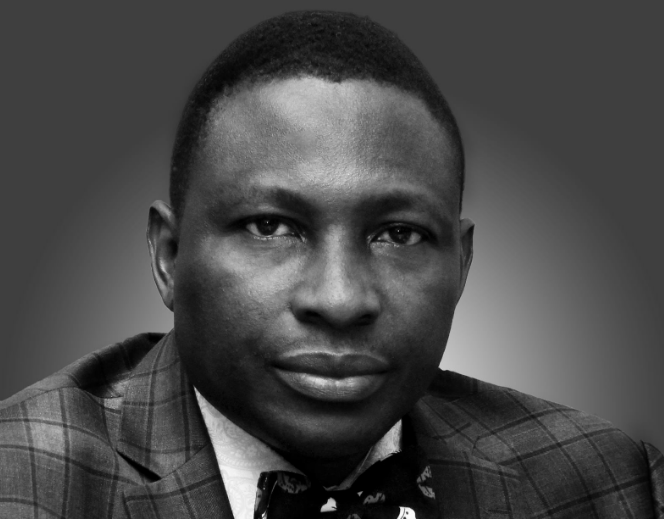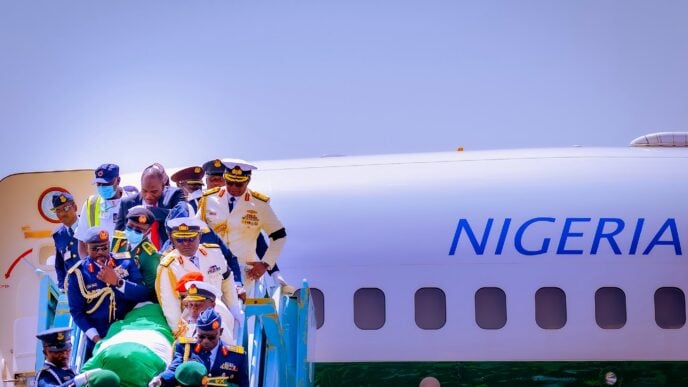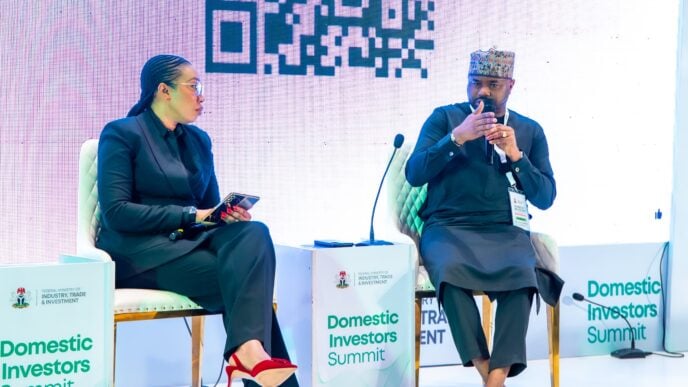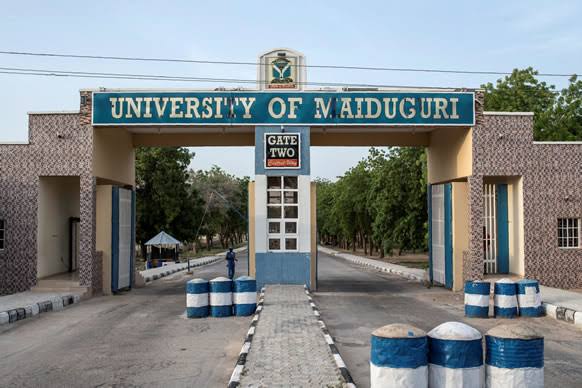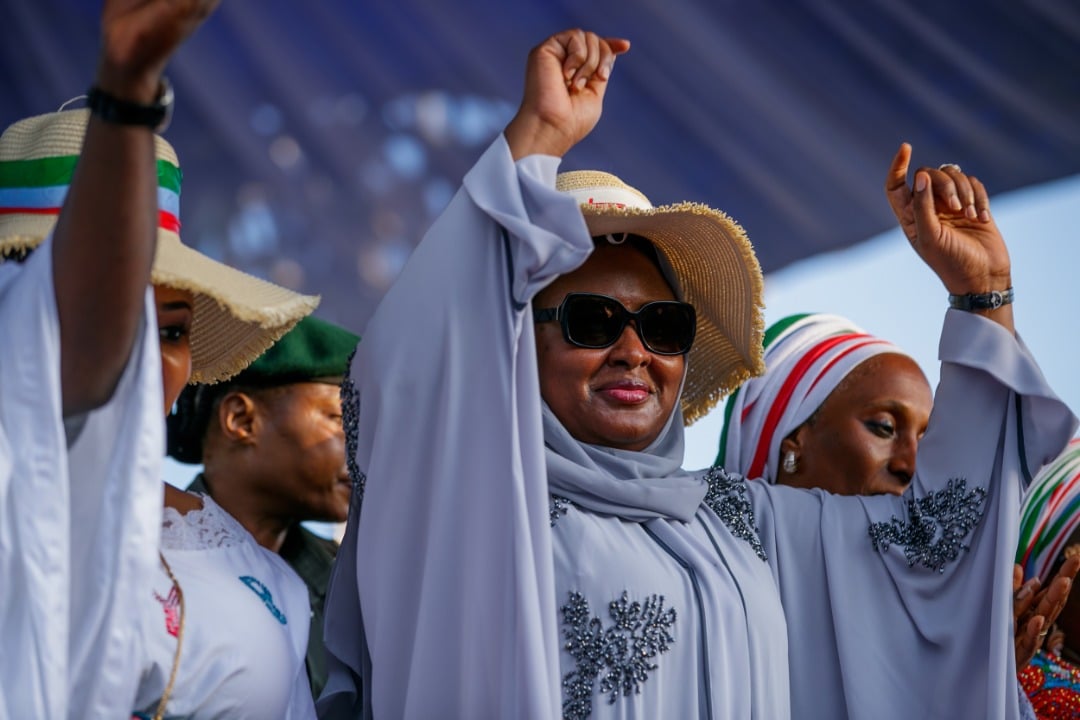Last Friday, July 18, the incumbent Chairman of the Economic and Financial Crimes Commission (EFCC), Ola Olukoyede, was in Lagos to hold a sensitisation programme on naira abuse at the Colonades Hotel, Ikoyi, Lagos. What was reported in most newspapers and other platforms was the EFCC czar’s disclosure that 18 currently serving governors are under investigation by the EFCC, and that as soon as these governors are out of office, the EFCC will pounce on them. He hid the juicy part of the story by not disclosing names. Nigerians would have loved to know who these suspected thieving governors are, at a time the people are groaning under the effect of petrol subsidy removal, high cost of living, and the state governors are getting more money than they ever did.
The EFCC has the powers to investigate sitting governors, deputy governors, the president and the vice-president, but they are covered by Section 308 of the 1999 constitution, which grants them immunity from prosecution while in office. The intendment of Section 308 is to prevent this category of public officials from being distracted by a plethora of petitions that they may need to respond to. This is, however, not the case in every part of the world. In countries like South Africa, Israel, the United States, Brazil and France, not even the president is protected from prosecution. In March 2021, for example, former President of France, Nicolas Sarkozy, was sentenced to a year in prison for corruption and influence peddling.
In 1974, US President Gerald Ford lost his position because of clear, irrefutable evidence of wrongdoing in the Watergate scandal. In South Korea, sitting and former presidents have been sent to jail, the latest being President Yoon Suk-Yeol, and before him, President Lee Myung-bak (MB). In Brazil, the inimitable President Luiz Lula da Silva spent time behind bars (2017- 2019). The principle is that nobody is above the law, and that misdeeds at any level must not go unpunished. Nigerians would want a review/amendment of Section 308 of the 1999 Constitution to hold public office holders, all of them, regardless of position, accountable. It is most unfortunate that this is not a major issue in the ongoing discussions about constitutional amendment. It is unthinkable that any president, former or incumbent, would be convicted in Nigeria. The immunity at that level is for life.
Olukoyede had disclosed that the typical pattern for serving governors is to run away before the expiration of their right to immunity. We are all witnesses to the fact that it is standard practice indeed for governors to “japa” and not even wait to hand over to their successors. By simply serving notice, it is not impossible that the guilty among the governors would be afraid and try to cover their tracks. The media is wont to choose what will sell the news, and perhaps it is juicier to focus on the fact that 18 serving governors are being watched closely. The main substance of Olukoyede’s sensitisation programme, however, was naira abuse, an event organised in “close concert with the Central Bank of Nigeria”.
Advertisement
Before then, Olukoyede’s EFCC had set up a Task Force on Dollarisation and Naira Abuse to address “some of the practices that threaten the value of the currency”. Within the purview of Section 21 of the CBN Act, 2007, all acts that constitute Naira abuse are punishable for a term of not less than six months or a fine of not less than N50,000 or both. These include the spraying of the naira, dancing on it, marching and stepping on it, mutilation or defacement, and the selling or trading of Naira notes. This latter is a very common practice in Nigeria – the banks never give out new notes, but every weekend at parties, naira merchants sell crisp national currency for profit, making us wonder whether there is a parallel Mint in the country where the Naira is printed.
Ola Olukoyede has made the protection of the naira a major point of campaign. It is on record that with him as EFCC chairman, many celebrities have been called to question for abusing the naira. There is the case of Idris Okuneye, aka Bobrisky, who purportedly spent six months at the Ikoyi Correctional Centre for spraying the naira at a public gathering. Bobrisky pleaded guilty. Pascal Okechukwu, popularly known as Cubana Chief Priest, was also arraigned in April 2024, but he pleaded not guilty. His own lawyers even went as far as questioning the jurisdiction of the court and the prosecutorial powers of the EFCC. Bobrisky was convicted, Cubana Chief Priest escaped with a fine of N10 million.
Both men have not abused the naira since then. Bobrisky is, in fact, so beaten and sober that he/she took the safe option of lying low, disappearing from the social scene. Who would have thought that the famed “Mummy of Lagos”, having gone to the college of imprisonment, would calm down? As recently as May 2025, one Okoli Frank Emeka was sentenced to six months imprisonment for marching on the naira at Al Moruf Garden, Isheri Olofin, Lagos. The same month, one Kelly Okungbowa, aka Ebo Stone, was arraigned before a Federal High Court sitting in Benin on a two-count charge of naira abuse.
Advertisement
In Kaduna, a TikToker and content creator, Muhammad Kabir Sa’ad, was arrested and charged to court for mutilating the naira. Kabir dared the EFCC in a video online to come and arrest him. They did. But the arrests were not limited to the average, struggling Nigeria. Earlier in January 2025, two sons of billionaire businessman, Razaq Okoya – Wahab and Raheem Okoya – were invited for questioning for spraying bundles of N1,000 notes in a promotional clip for Raheem’s new song, “Credit Alert”.
In May 2025, the EFCC also summoned the celebrated actress, Iyabo Ojo, self-styled Queen Mother, for the abuse of the naira during her daughter, Priscilla’s wedding to the Tanzanian artiste, Juma Jux, in Lagos. Iyabo Ojo was lucky, and she has not been seen anywhere spraying naira notes again. Another actress, Oluwadarasimi Omoseyin, was not so lucky. She was sentenced to six months imprisonment for spraying and tampering with the naira at an event at Monarch Event Centre, Lekki, Lagos on January 28, 2023. In May 2025, the popular comedian and actor, Ayo Makun was also invited for questioning. He was so happy that the EFCC pardoned him; he issued a statement in which he said he had learnt his lessons.
Despite all these cases, Nigerians continue to abuse the Naira contrary to Section 21(1) of the CBN Act, 2007. What the EFCC seems to have achieved is a drastic reduction in the obscene spraying and mutilation of the Naira that was the norm, and the effrontery of the partying crowd. The abuse started with the fun-loving people of the South West, the Yoruba who enjoy spraying the Naira lavishly as a show of class and wealth but the behaviour soon spread to other parts of the country, particularly the East where the Igbo nouveaux riche have added spectacular colour to the spraying of the Naira and other currencies with the aid of a hand-held spraying gun, and accustomed sass.
I once deplored this practice in a controversial article titled “Obi Cubana and the Oba Funeral” (ThisDay, July 20, 2021). But neither this nor any other intervention has encouraged Nigerians to obey the law. Their standard excuse as articulated by Deyemi Okanlawon, an actor, is that the EFCC should focus more on other issues rather than the spraying of the naira, which is “a cultural problem”. It is perhaps for cultural reasons that many Nigerians have continued to spray the Naira, but they have found a way of taming the law. It is common these days to find celebrants carrying cartons or boxes into which money is deposited. Quite a number of thick-headed persons still spray and abuse the Naira at parties though, stubbornly insisting that they have the right to do what they wish with their money.
Advertisement
Ola Olukoyede responded to this cultural argument as follows: “there is nothing cultural about spraying and stamping on the Naira or throwing wads of the currency in the air at social events. Nowhere in the world is such despicable practice tolerated. Nobody who works hard to earn money will go to social events and stamp on the currency. As a salary earner myself, it is unimaginable for me to go out and start throwing my hard-earned salary in the air!” The EFCC chair added that the naira is a symbol “of our sovereignty and economic might” whose integrity must be protected. Its abuse is a punishable offence.
He further cited the example of a former governor, who, after his tenure in office, celebrated his birthday in a hotel in London. The said Governor sprayed 50 and 10 bills in pounds sterling. The hotel manager, having never seen such a thing in his life, called 911 and summoned the Metropolitan Police. The former Nigerian governor was arrested, and the police wanted to put him in an ambulance. According to the EFCC chairman: “The people – his friends, colleagues, and two governors – who went to London to celebrate with him had to intervene. They said the ex-governor was not a mad man because the hotel manager thought he was mad.” It should be considered quite interesting that what is considered normal in Nigeria is interpreted as pure madness in other countries.
Olukoyede has brought an evangelical fervour to the fight against economic and financial crimes. He is, by the way, a Pastor in a Pentecostal church. What he has achieved is to remind his audience and the larger Nigerian community that ignorance of the law is not an excuse, and that no one is above the law. He also drew attention to what the law says. He is a lawyer. In attendance at the Colonades Hotel event were musicians, actors, event organisers, influencers, content creators, hospitality stakeholders, financial sector representatives and the general public.
Some of the celebrities in attendance included King Alabi Pasuma, the Fuji artiste, MI, Ill Bliss Goretti, Osas Ighodaro, Pretty Mike, Terry Apala, Mercy Aigbe, Kazim Adeoti, Funke Bucknor-Obruthe, Anto Lecky and others. Musicians and event organisers depend on the spraying of Naira for extra patronage and encouragement. What is new is the EFCC’s attempt to invest heavily in public sensitisation.
Advertisement
The agency also has an anti-corruption radio station, EFCC 97.3 FM in Abuja, whose broadcast is live streamed through the EFCC website, www.efcc.gov.ng. Ola Olukoyede rose through the ranks within the EFCC to get to the apex position, but other Chairmen before him did not bother as much about public sensitisation. Section 6(p) of the EFCC Establishment Act, 2004 as amended, states among the functions of the agency: “carrying out and sustaining rigorous public enlightenment campaign against economic and financial crimes within and outside Nigeria.” Olukoyede is giving effect to this to a higher degree like no one else before him.
Past Chairmen have been accused of allowing the EFCC to be used as a tool of political intimidation, and witch-hunt as has been robustly evidenced in two books by Muhammed Bello Adoke viz: Burden of Service: Reminiscences of Nigeria’s Former Attorney General (2019) and OPL 245: The Inside Story of the $1.3 bn Nigerian Oil Block (2025). This is not the case with Ola Olukoyede. But he has also had his own share of criticisms as in for example, Steve Osuji’s “EFCC’s alarming impunity” (July 10, 2025), which has attracted a rejoinder in a piece titled “Campaign of calumny against EFCC” (Punch, July 21, 2025) by Dele Oyewale, the EFCC spokesperson. Last Friday, the EFCC Chair painted a picture of the achievements of the EFCC under his watch, denying any charge of impunity.
Advertisement
To be fair, there has been relatively less hysteria in his campaign against corruption. He regards the battle as a collective responsibility. He wants an all-of-society approach. It will be recalled that he was the first EFCC Chairman to admit publicly that there is corruption even within the EFCC. In 2024, Olukoyede sacked 27 of his own men for misconduct and fraudulent activities. He also ordered a probe into an alleged fraud of $400 000 linked to a sectional head of the EFCC.
But perhaps what is more remarkable about the EFCC these days is that there have been no serious allegations that the agency is being used for political vendetta. The credit for this belongs to Olukoyede and President Bola Ahmed Tinubu, who has given him the free hand to do his job, the best way he understands it. But will he win the battle against Naira abuse? The best that he can hope for is limited success. The madness of naira plunking seems to be a genetic affliction among Nigerians. He would be better off finding a cure for it. He is doing well.
Advertisement
Views expressed by contributors are strictly personal and not of TheCable.
